LIFE IS BEAUTIFUL
(1997, Benigni)

"I don't like Visigoths. Starting tomorrow we'll write: 'No spiders and Visigoths allowed'. I'm sick and tired of these Visigoths."
How do you explain to a 5-year old kid that a whole group of people, or that entire governments, hate who you are? The above is one of the ways that Guido (Roberto Benigni) tries to shield his son Giosué (Giorgio Cantarini) from that, right after they see a sign at a store that reads "No Jews or Dogs Allowed" in 1944 Italy. But as time passes and war grows stronger, Guido will have to do much more to protect his son and his family.
Directed and co-written by Benigni,
Life is Beautiful follows the relationship between Guido and Dora (Nicoletta Braschi) in the wake of World War II and the Holocaust. The film is clearly divided in two parts. The first one in 1939 when Guido and Dora meet and fall in love, plays more or less like a traditional romantic comedy. There's your "meet cute", the flirting and courting, an "evil" boyfriend to "defeat", and ultimately a "happy ending".
The second half, though, is a serious war drama. Set in 1944 as the Nazi occupation of Italy takes place, we see Guido and Dora, now a married couple, being forced into a concentration camp along with their young son. As the parents are split, and Giosué is trying to figure out what's going on, Guido makes an effort to convince him that everything is just a game in order to protect him from the horrors around them.
This is yet another film that is one of my wife's favorites, and another one that I've seen four or five times. However – and my wife knows this – I will admit that I wasn't that crazy about it when I first saw it. But with every rewatch, my esteem for the film grows more and more. I think that I was initially turned off by the tonal shift; I probably got whiplashed by it, which is weird cause now, even though the shift is clear and evident, I feel that it's quite genius how harmoniously it all works.
The performance from Braschi is pitch-perfect, but special note goes to Cantarini who delivers an impressively charming performance, especially for such a young age. But the biggest reason of why it all works is easily Benigni who, as a director, co-writer, and lead actor imbues this film with such a unique charm in the midst of all these terrible things. The way it all moves from naïve humor and physical slapstick, into heartfelt romance and touching drama is magical, and well worth a fourth or fifth watch.
Grade:
 Check out my podcast:
Check out my podcast: 


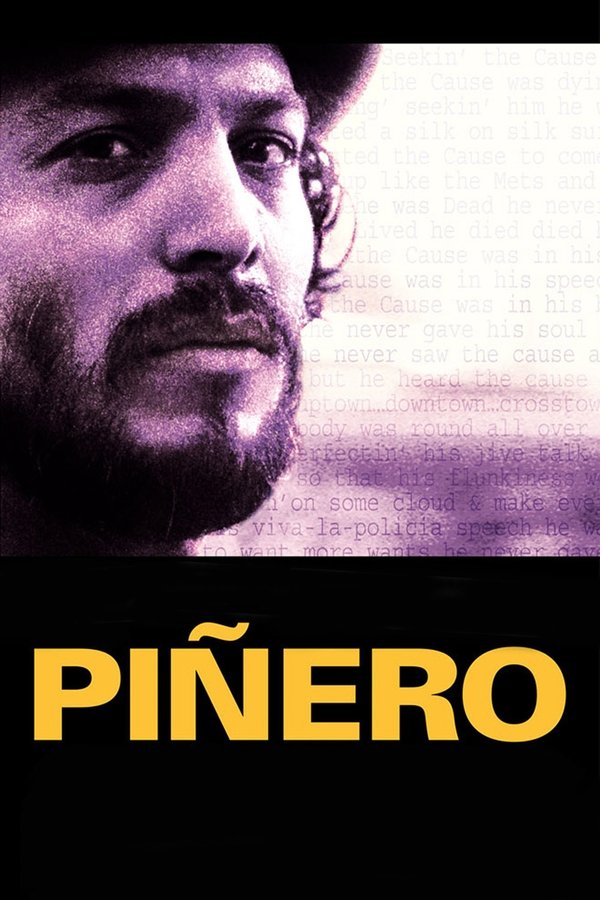
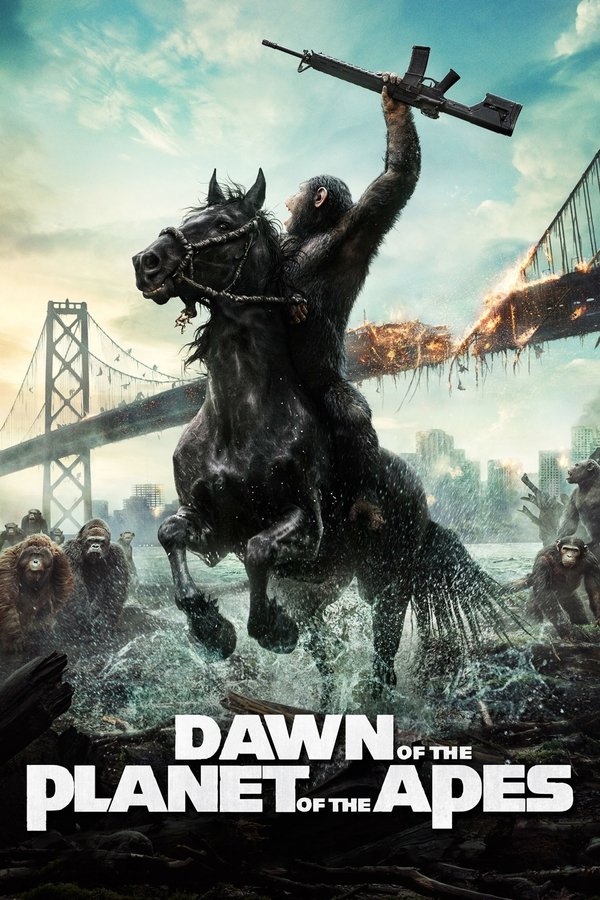
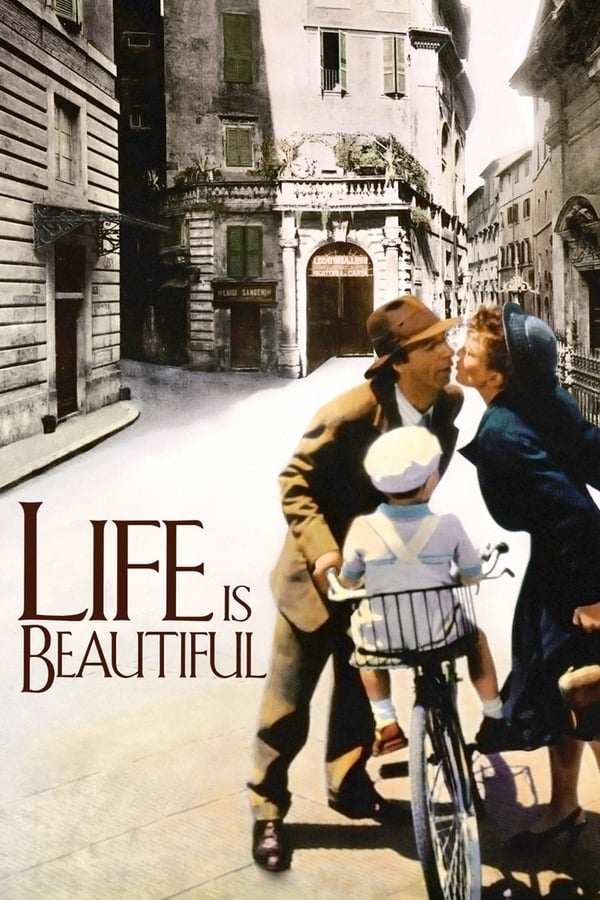

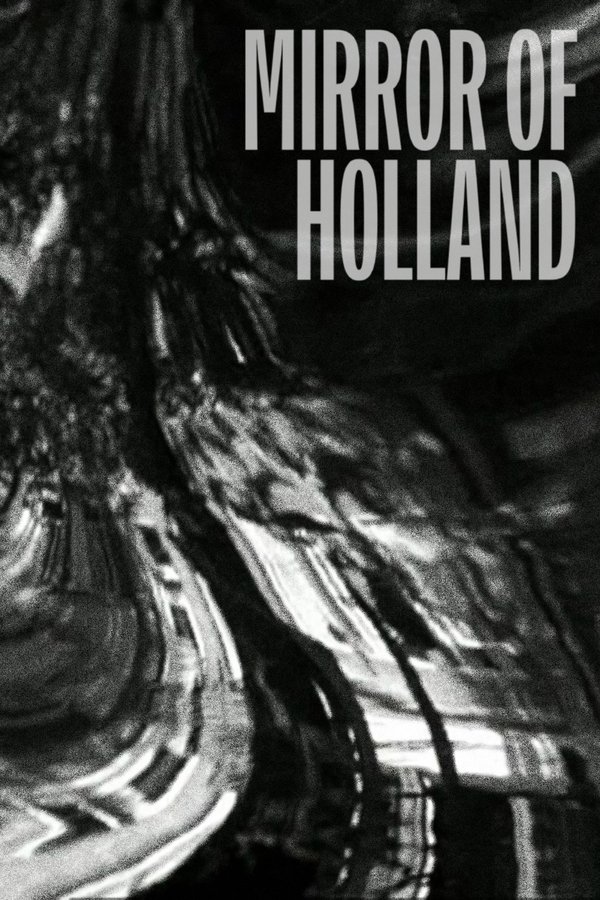
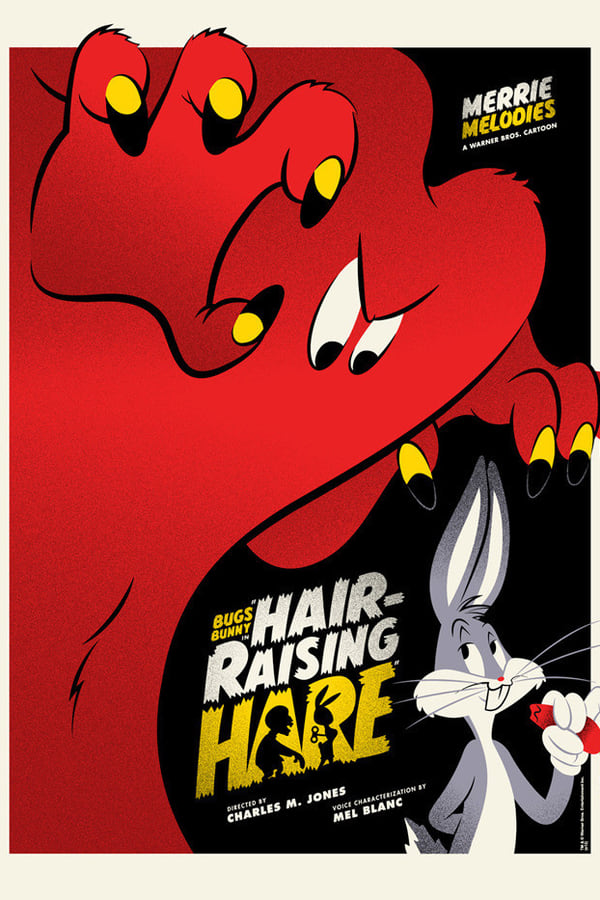
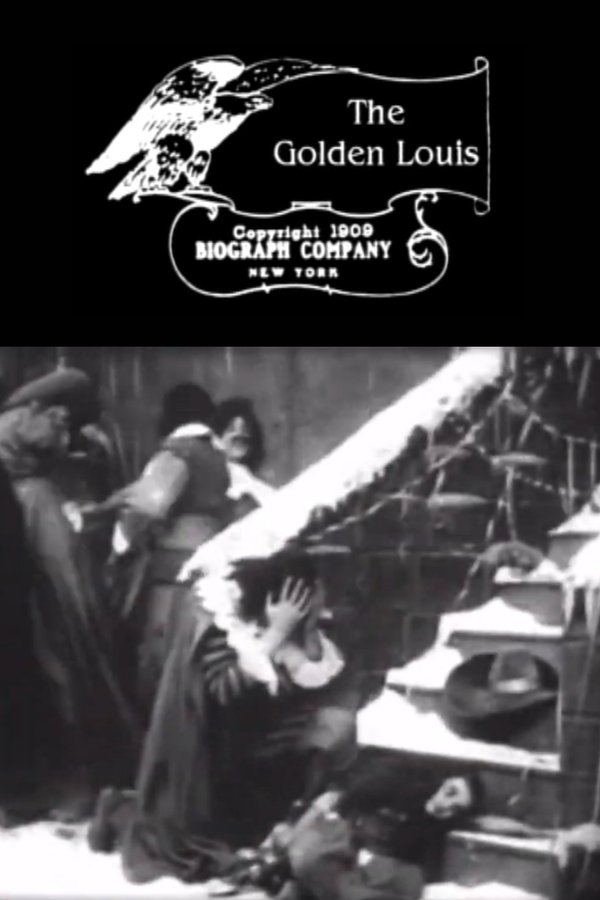
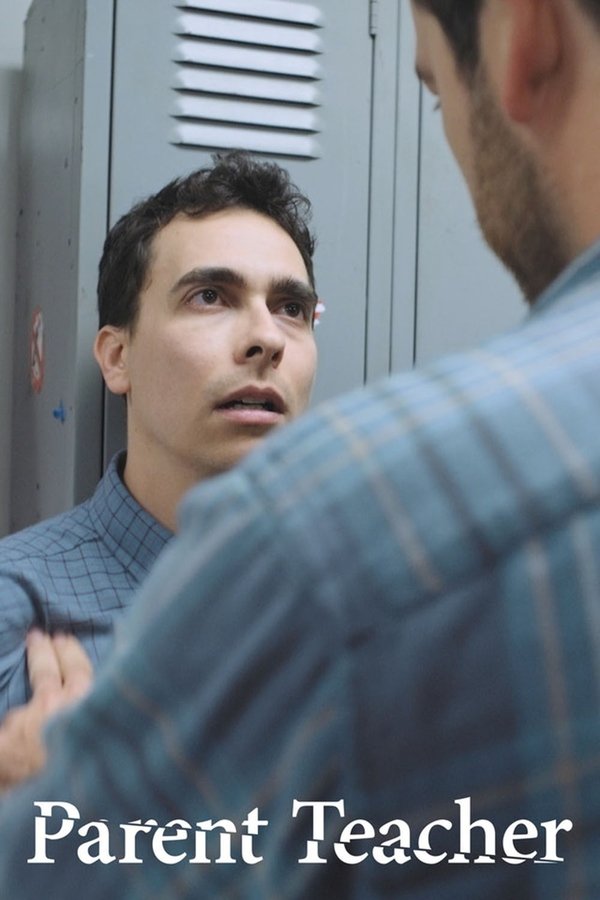
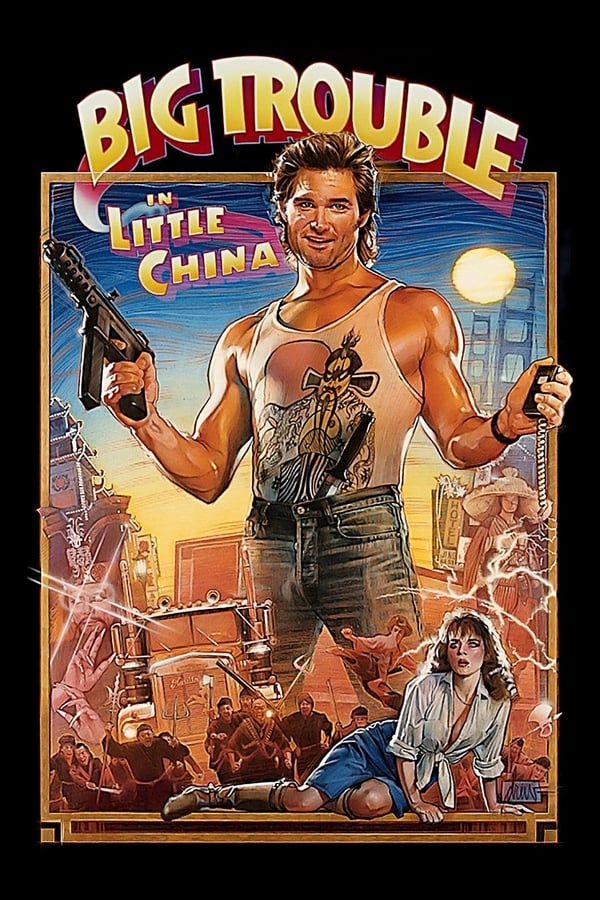
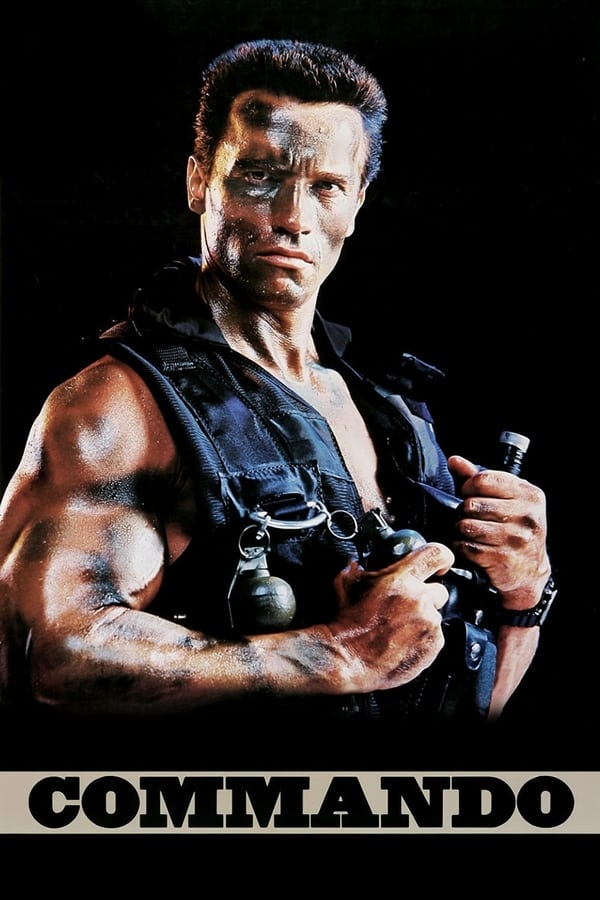
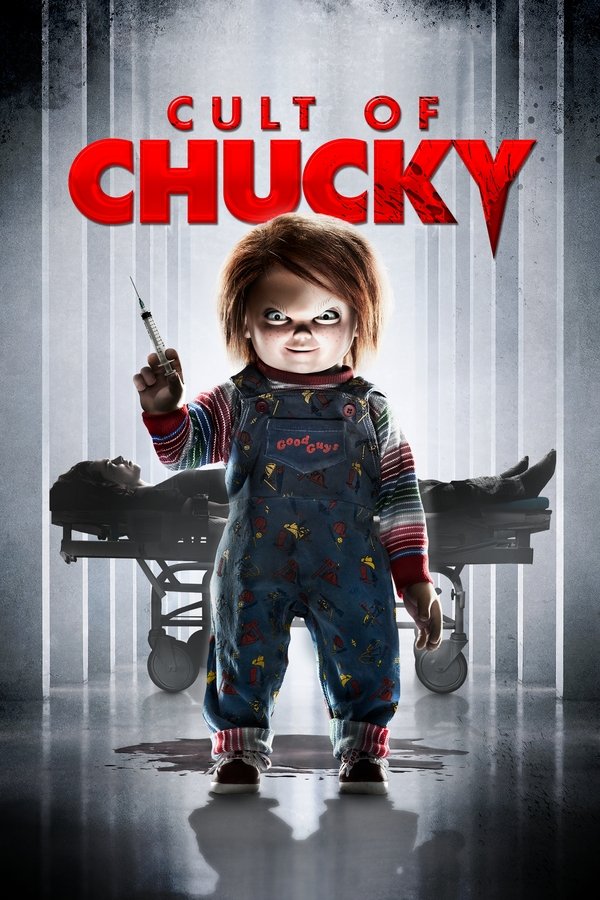
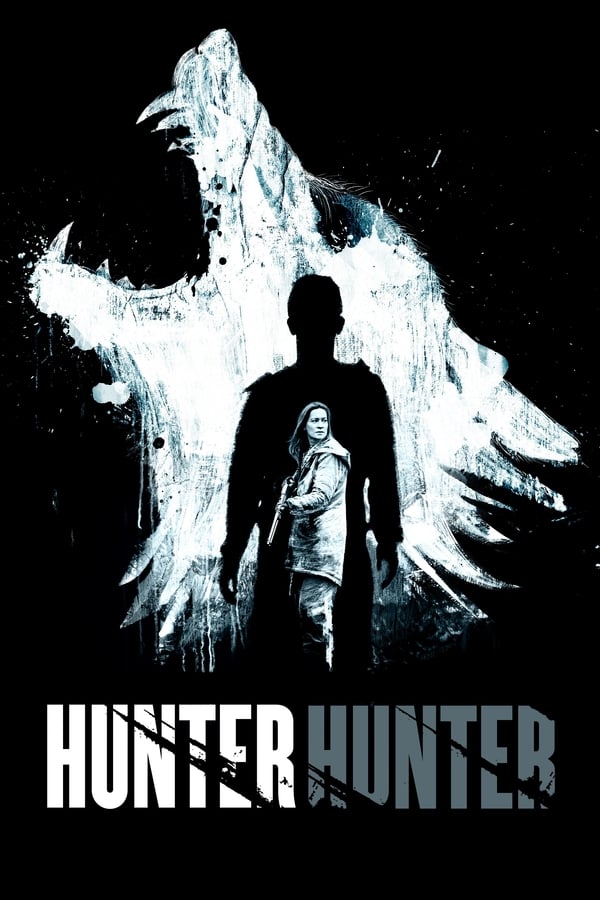
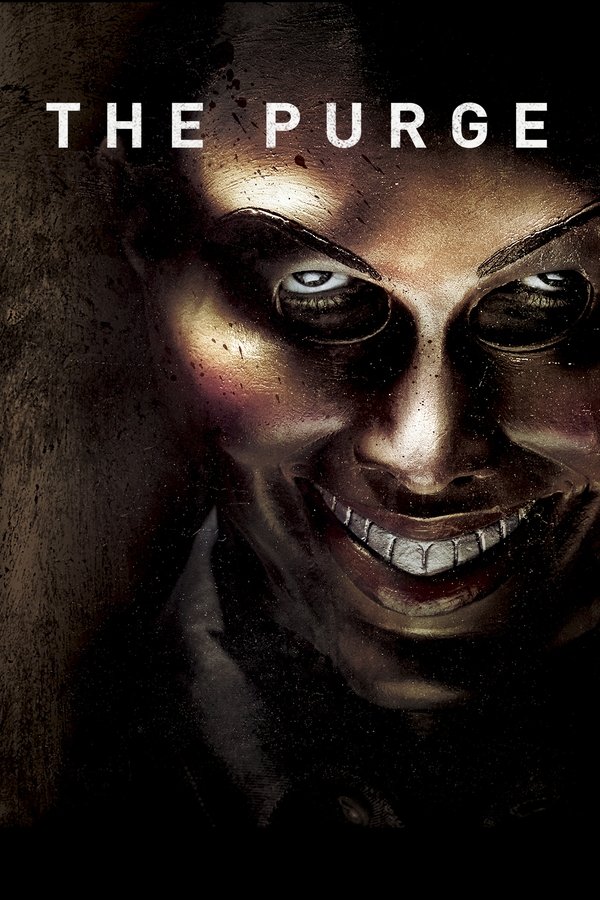
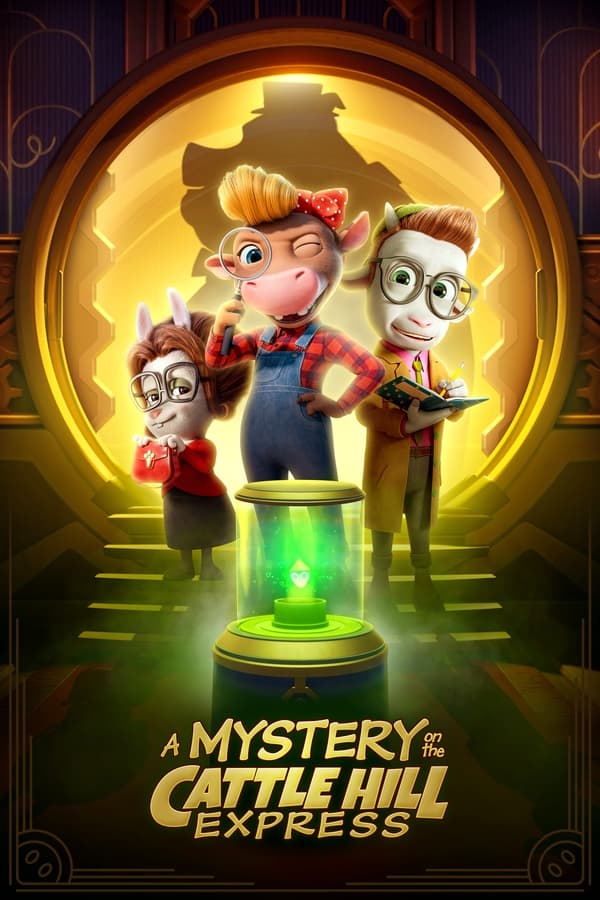





 His whole demeanor and his interactions with Wallace were brilliant.
His whole demeanor and his interactions with Wallace were brilliant.







